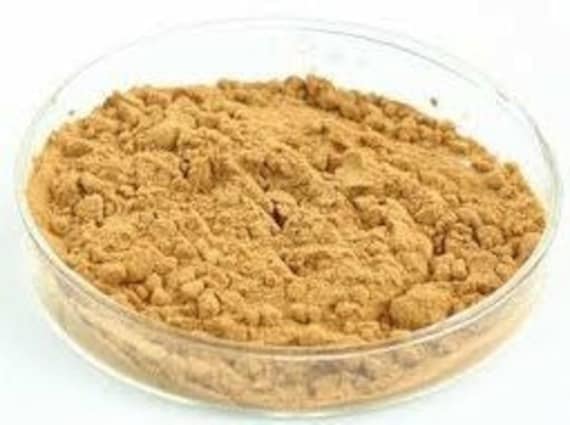Excuse my delay in posting, I have been feeling under the weather. There’s definitely something going around with all this change in temperature…

When I first started my green beauty journey, I stopped using products containing parabens when I learned how bad they were for my health as well as the culprit for most of my skin irritation. Parabens are a class of chemicals that serve as preservatives allowing for products to have a longer shelf-life and protect against bacteria and contamination. However, parabens can be dangerous in regards to possible toxic reactions with other ingredients and the side effects that are threatening to your health.
While there is still more research to be done regarding the long-term effects of parabens, using products with a limited amount of parabens may still have purpose in regards to anti-bacterial and anti-viral products. I suggest you read more about parabens and make your own decisions on the ingredients in the products you use. I suggest reading more on parabens from books like, No More Dirty Looks and research around the web.
With our modern lifestyles and growing awareness of bacterial contamination and diseases, preserving the shelf-life and cleanliness of products is important. So how does this work for organic and natural products?
Honeysuckle Flower Extract is an ingredient added to many of these products as an antibacterial and antiviral natural preservative. It is extracted from the flowers of the honeysuckle plant (Lonicera Caprifolium) which are known to be very fragrant and tubular. The fragrant yellow flowers of the honeysuckle plant have been used all over the world for medicinal purposes in teas and in herbal formulas to combat fevers, headaches and sore throat. Honeysuckle flower extract provides many anti-inflammatory and antioxidant benefits due to its rich quantity of flavonoids and saponins.

Honeysuckle flower extract naturally contains para-hydroxybenzoic acid (also, hydroxybenzoic acid, 4-hydroxybenzoic acid), the substance from which the creation of synthetic parabens were based on. Present in most organisms (plants, animals, insects), in nature, para-hydroxybenzoic acid allows organisms to protect themselves against bacterial and microbial intrusion. This function is perhaps the main reason scientists decided to model the molecular structure and function of synthetic preservatives after that of para-hydroxybenzoic acid. Honeysuckle flower extract must be paired with a co-preservative in order to stably carry out its function.
There is a bit of controversy regarding the use of honeysuckle flower extract with some opponents arguing the main purpose is for companies that are “greenwashing” or masking their use of preservatives in natural products. However, if viewed by the extract’s pure function in natural products, honeysuckle flower extract does not seem to produce many health risks compared to synthetic preservatives. One should carefully research the origins of ingredients and understand the functions within products.

The EWG’s Skin Deep database rates the ingredient, Lonicera Caprifolium (Honeysuckle) Flower Extract with a score of 0 for no known health concerns.
What are your thoughts on the use of Honey Flower Extract as a natural preservative?
Images from Picture World, Ayhhed, Etsy. Sources: Environmental Working Group, Garden of Beauty, Ingredient of the Week, Natural Plant Extract, Paula’s Choice, Royal Horticultural Society




